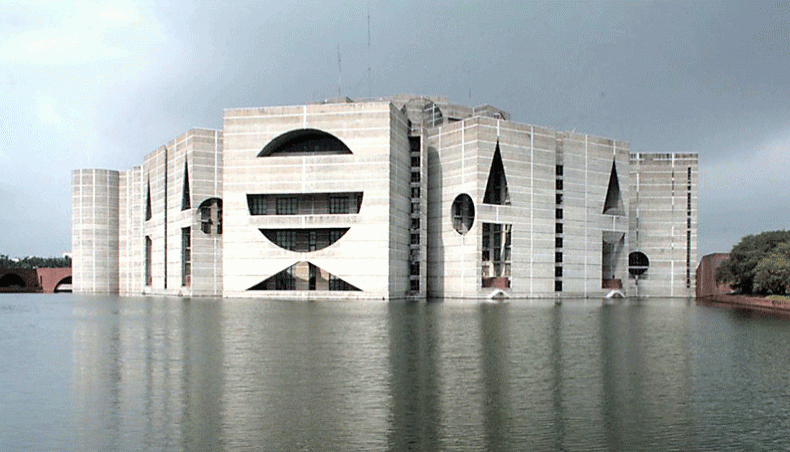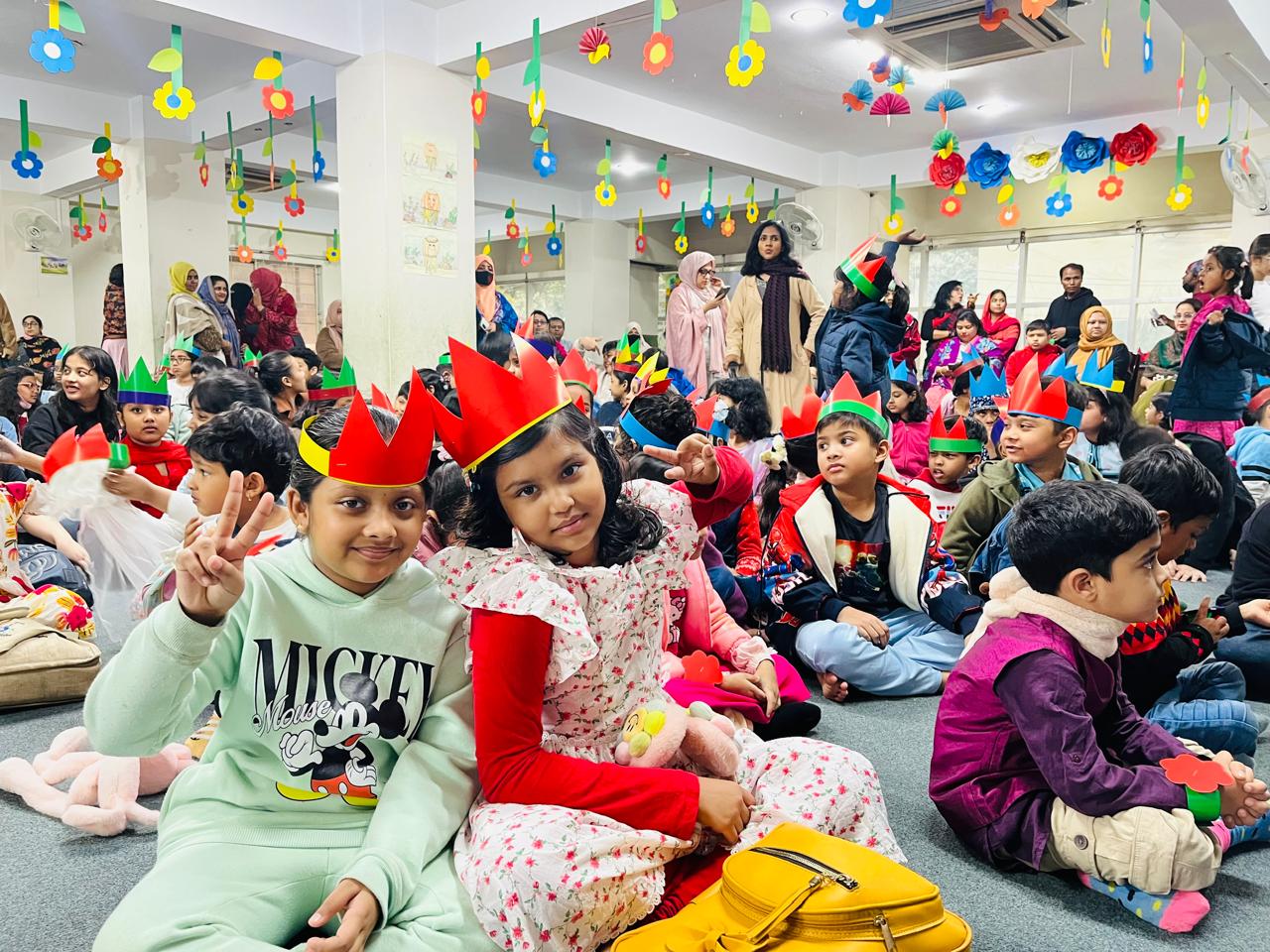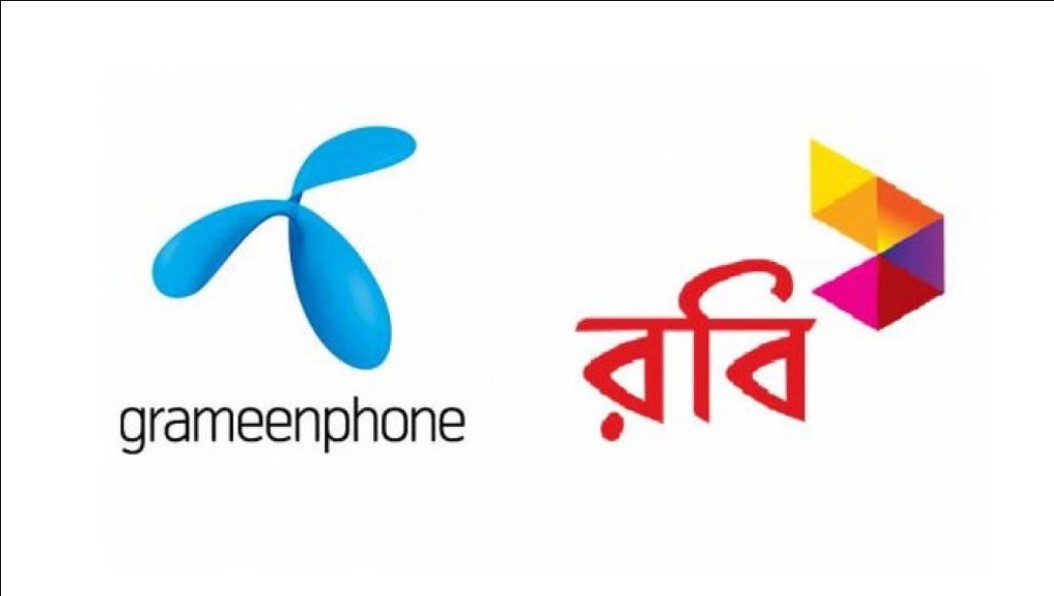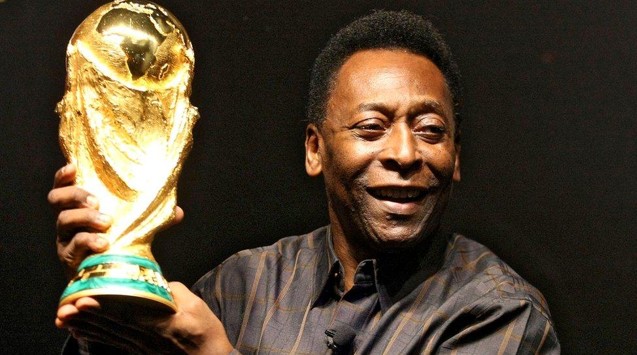THE United States, the European Union and the United Nations remained passive about Bangladesh’s controversial national elections held in 2014 and 2018 while India fully supported the retention of power by the Awami League through those polls. The west remained passive understandably because they did not want the Bangladesh Nationalist Party-Jamaat alliance to win because they believed that would encourage the Islamic fundamentalist forces. They did not care about democracy, human rights or electoral rights of the people of Bangladesh.
They, thus, ignored that the Awami League won the 2014 election without any contest in 153 of the 300 seats of the national assembly. India also interfered in that election to keep the Awami League in power through the visit of its foreign secretary Sujata Singh to Dhaka immediately before the election. The US-EU-UN and India again ignored as the Awami League returned to power for a third consecutive time through the 2018 national election when ballot boxes were stuffed in the Awami League’s favour by its supporters allegedly with the help of the law enforcement agencies the midnight before the election day that earned it the nickname of ‘midnight election’.
The US-EU-UN dramatically changed policies regarding Bangladesh since the Biden administration came to power and the war on terror ended, both events occurring in 2021. They have made democracy and human rights indispensable in their relations with Bangladesh with an emphasis on Bangladesh’s next general election, which is now less than a year away. The trio wants it to be free, fair and participatory, unlike the 2014 and the 2018 elections, with the freedom of civil society and the media fully assured.
India remained silent as its erstwhile allies during Bangladesh’s 2014 and 2018 elections were emphasising the indispensability of democracy and human and electoral rights in Bangladesh’s governance. It finally came behind the Awami League government with the official visit of its current foreign secretary Vinay Mohan Kwatra to Dhaka in February 14–15.
The Indian foreign secretary conveyed prime minister Narendra Modi’s total support in the leadership of prime minister Sheikh Hasina. He also conveyed the Indian prime minister’s invitation to her to attend the G20 Summit that India would be hosting in New Delhi in September as head of a ‘guest country.’ He ignored completely, no doubt at New Delhi’s instruction, the current politics in Bangladesh.
Notably, the Indian foreign secretary did not bring the Awami League, which has been in its tightest corner since coming to power in January 2009, any political support. The opposition parties led by the Bangladesh Nationalist Party have taken to the streets to bring the regime down peacefully or force it to hold the next election under the caretaker government system that it does not want for fear of losing. There is no third party like there was the Jatiya Party in 2014 to give legitimacy to the next election if the Bangladesh Nationalist Party was to boycott it.
The pressure by the US-EU-UN for a free, fair and participatory election has left the AL regime in dire need of external assistance. Russia and China are friendly towards the regime but they do not believe in playing favourites in the politics of an independent and sovereign country.
Therefore, the Awami League-led regime and its supporters, happy that they no doubt were with Narendra Modi’s confidence in Sheikh Hasina’s leadership and the invitation for her to attend the G20 Summit, were, nevertheless, expecting India’s political support as it had given in 2014 and more. The Awami League-led regime’s current political predicament is much worse than what it was leading to Bangladesh’s 2014 election. Narendra Modi’s messenger to Dhaka, thus, did not fulfil the AL regime’s political expectations.
New Delhi, nevertheless, underlined through Vijay Mohan Kwatra’s visit that it prefers the Awami League to conduct its bilateral relations with Bangladesh. It, thus, also underlined that it has little interest in democracy and human and electoral rights. New Delhi has good reasons to want to conduct bilateral relations with Bangladesh only with the Awami League-led regime. Its ties with it are historically embedded in Bangladesh’s liberation war that the Awami League had led and India helped.
New Delhi provided sanctuary for 10 million Bangladeshis who had fled to India in 1971 and allowed Bangladesh’s government-in-exile to be established on Indian soil. It also successfully argued Bangladesh’s case with the international community as an act of war by Pakistan on India to save it from facing the Biafran fate that was quashed by the Nigerians as a case of secession. Finally, Indian Defence Forces with the Bangladesh freedom fighters defeated the Pakistan military.
India sacrificed more than 3,000 soldiers in that war in which many hundreds of thousands of Bangladeshis embraced martyrdom. These sacrifices were made meaningful by the establishment of Bangladesh as an independent and sovereign nation based on democracy, human rights and right of the people to choose their government. These elements of democracy and human and electoral rights have since been etched in Bangladesh’s psyche as the spirit of 1971.
It is, therefore, an irony that the US and west European governments and the United Nations that had sided with Pakistan’s military in 1971 on the inviolability of the territorial integrity and sovereignty of a UN member are supporting democracy and human rights in the present-day Bangladesh as indispensable. And India which fought the Pakistan military with the Bangladesh freedom fighters in 1971 for the democratic and human rights of Bangladeshis is now in denial of the struggle of the majority of the same people for these same rights.
A counsellor of the US state department, Derek Chollet, was also in Dhaka at the same time Vinay Mohon Kwatra was in the city, one of the many senior US officials who visited Bangladesh in recent times pursuing issues of human rights, democracy and free and fair elections in Bangladesh. New Delhi’s silence over issues that its erstwhile allies in Bangladesh are currently pursuing exposed its current role more embarrassingly to the majority of Bangladeshis. It also once more brought into focus India’s strange policy of conducting its bilateral relations with Bangladesh on a country-to-political party basis, a foreign policy not to be seen anywhere else in the world.
From New Delhi’s perspective though, the New Delhi with Awami League foreign policy has paid India handsomely. Since coming to power in January 2009, the Awami League has unilaterally given India its two major concessions without seeking reciprocity, concessions that were among the major reasons for India’s intervention in the Bangladesh liberation war, namely a total security guarantee that the Bangladesh territory would not be used for secessionist/terrorist attacks on India’s fragile northeast states and, second, land transit from mainland India to these states.
The Awami League-led government, nevertheless, expected India would reciprocate on the crucial water issues that it did not. The Teesta deal which was ready for signature as early as September 2011 is still pending. Meanwhile, senior Bharatiya Janata Party leaders, including those highly placed in government, are openly insulting and abusing Bangladesh’s predominantly Muslim population to energise its huge Hindu fundamentalist base under the party’s official Hindutva mantra.
As a consequence, India, once friend of all Bangladeshis across its political divide, is no longer so and the goodwill of Bangladeshis for India is on its way to exhaustion. It is also placing the Awami League-led government that went against the public opinion of the majority of Bangladeshi to placate India in a difficult position politically. If the next election is held freely and fairly, the Awami League’s opponent would likely win power on the India factor alone and India’s failure to reciprocate to the Awami League.
Regional politics is also not the same as it was leading to Bangladesh’s 2014 and 2018 elections. China has, meanwhile, made massive strides in all South Asian countries, and very significantly in Bangladesh. India’s ability to do pretty much what it wanted in the past in Bangladesh’s electoral politics is now not so, particularly because its powerful allies such as the United States, the European Union and the United Nations have parted ways with it on Bangladesh.
Nevertheless, India and Bangladesh need each other for reasons of history, geopolitics and economics with strong bilateral relations based on reciprocity. It is also time for India to focus on Bangladesh and not on any particular political party for conducting its bilateral relations which is on a slippery slope.
M Serajul Islam is a former career ambassador.





